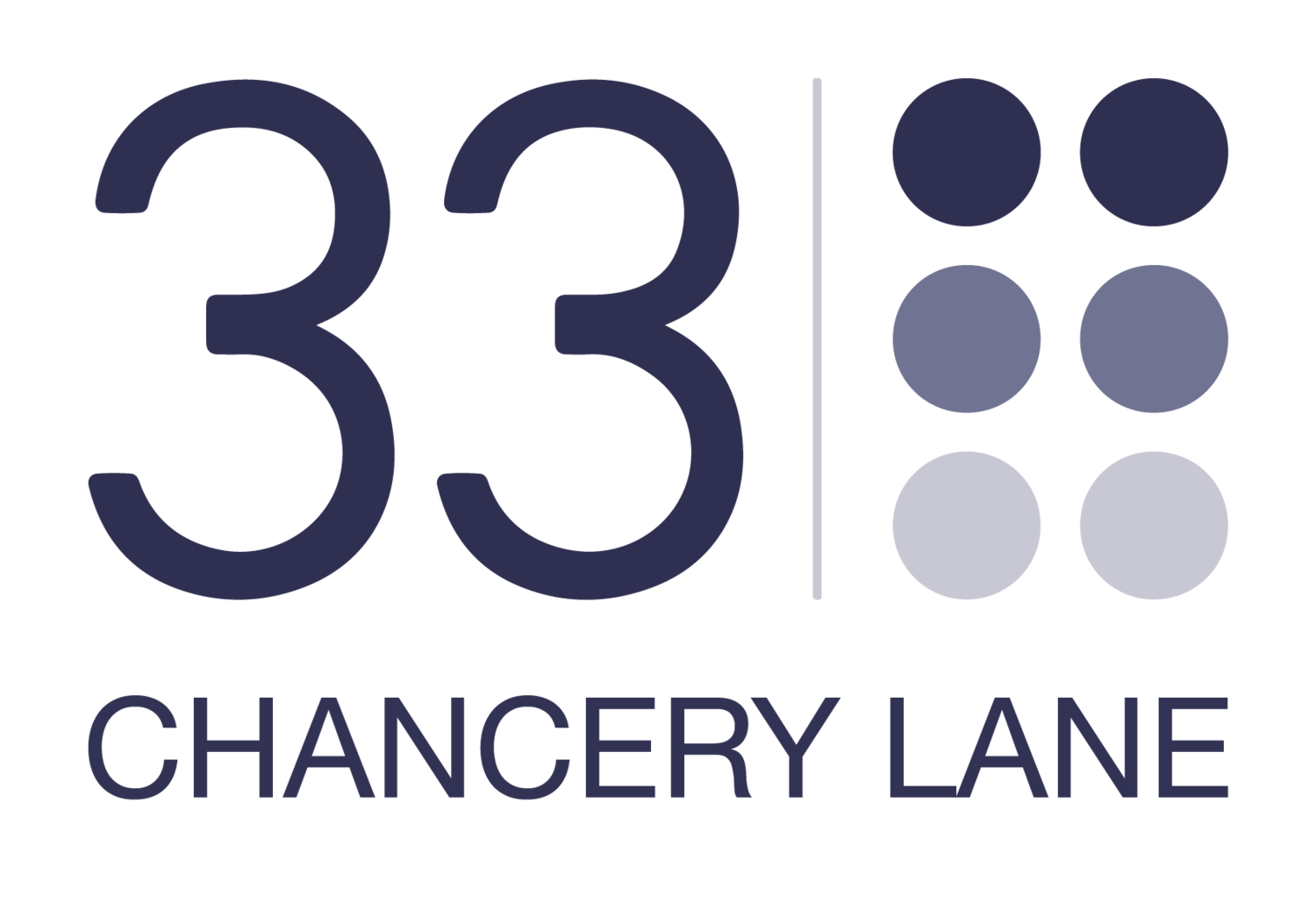Martin Evans QC & Rachel Clark comment on the Economic Crime (Transparency and Enforcement) Act 2022
Economic Crime (Transparency and Enforcement) Act 2022
Parliament has made another move against illicit finance and its permeation through the UK economy, in the form of the Economic Crime (Transparency and Enforcement) Act 2022 (‘the Act’).
The Act is in three parts:
1. Part 1: a new register of overseas entities.
2. Part 2: reforms to the unexplained wealth order (‘UWO’) regime.
3. Part 3: amendments to UK sanctions.
It received Royal Assent shortly after midnight on 14th March 2022. Parts 1 and 2 are not yet in force as they require regulations by the Home Secretary; Part 3 came into force on 15 March 2022.
The features and practical implications of Parts 1 and 2 are discussed below.
REGISTER OF OVERSEAS ENTITIES
The principal objective of the new Act is to prevent and combat the use of land for money laundering purposes, by increasing the transparency of beneficial ownership information relating to overseas entities that own land in the UK. In other words, to prevent criminals hiding their property ownership behind chains of opaque shell companies.
Part 1 therefore creates a new public register of overseas entities and their beneficial owners to be kept by the Companies House Registrar. It will join two pre-existing registers: the register of ‘people with significant control’[1] and the trusts register. Each overseas entity must provide specific information, including about its registrable beneficial owner(s) and ‘managing officers’ (which includes a director, manager or secretary: section 44)
In future, an overseas entity will have to be entered on the register of overseas entities in order to own property in the UK.
Under section 2, ‘overseas entity’ means a legal entity governed by the law of a country or territory outside the UK, and a ‘legal entity’ means a body corporate, partnership or other entity that (in each case) is a legal person under the law by which it is governed. The Act adopts the approach to defining ‘beneficial owners’ of the overseas entities that is used in Schedule 1 of the Companies Act 2006 to define a person with ‘significant control’ over a UK company.
All such overseas entities that own or buy real property[2] in the UK will be required to register within 6 months. There is then a duty to update the Registrar annually. Schedule 1 to the new Act sets out the information to be provided.
There are three key implications to the new regime:
· The new rules apply retrospectively to property bought or held by an overseas entity since 1999 (England and Wales) or 2014 (Scotland). Non-UK companies that already own property in the UK will have 6 months from the date the provisions come fully into force, to apply for registration or dispose of their property. However, any foreign company selling properties between 28 February 2022 and the full implementation of the register must also submit their details at the point of sale.
· Failure to comply with the registration obligations is a criminal offence for both the entity and officers of that entity.
· Given the in rem powers under Part 5 of POCA 2002, registration under the new Act may smooth the way to the freezing of UK property pending investigation by the authorities.
REFORMING UWOs
UWOs are an investigative tool introduced in the Criminal Finances Act 2017 to provide ‘an alternative means of obtaining information and allowing for the consideration of action against persons and their property about whom little information is available’.[3] They require a person to set out the nature and extent of their interest in specified property and to explain how they obtained it.
The new Act bolsters the UWO regime, as follows:
· New persons captured: certain ‘responsible officers’ of a company may now receive a UWO, even if it is the entity (not them) that owns the property.
· An alternative test: it is now sufficient to demonstrate that there are reasonable grounds for suspecting the relevant property has been obtained through unlawful conduct (previously it had to be shown that there were reasonable grounds for suspecting that the known sources of the respondent’s lawfully obtained income would have been insufficient to obtain the property).
· Extension of interim freezing orders: the High Court may now extend any parallel interim freezing order, up to a total period of no more than 186 days.
· Limit to costs exposure: an enforcement authority cannot be ordered to pay costs in respect of UWO or interim freezing order proceedings, unless it has acted unreasonably, dishonestly or improperly.
IMPACT
Whether or not the new Act will make any measurable difference in the fight against financial crime will depend on whether it is both used and enforced rigorously. Importantly, on 1st March 2022 the Government also published a White Paper on proposed reforms to Companies House, including strengthening its ability to verify information provided to it and take a more proactive ‘gatekeeper’ role. If such changes are implemented, and information provided for the new register of overseas entities is robustly verified, then that register may prove a truly valuable source of information for the authorities, spurring on more fruitful investigative action, including by means of UWOs.
[1] Introduced by the Small Business, Enterprise and Employment Act 2015.
[2] In England and Wales, this means a freehold interest, or a leasehold interest granted for more than 7 years; there are separate provisions for Scotland and Northern Ireland.
[3] See para 170 of the revised Code of Practice under s.377 of PoCA 2002.
If you would like to instruct Martin or Rachel please contact the Practice Directors
